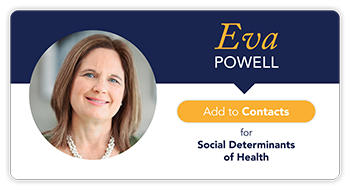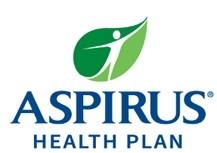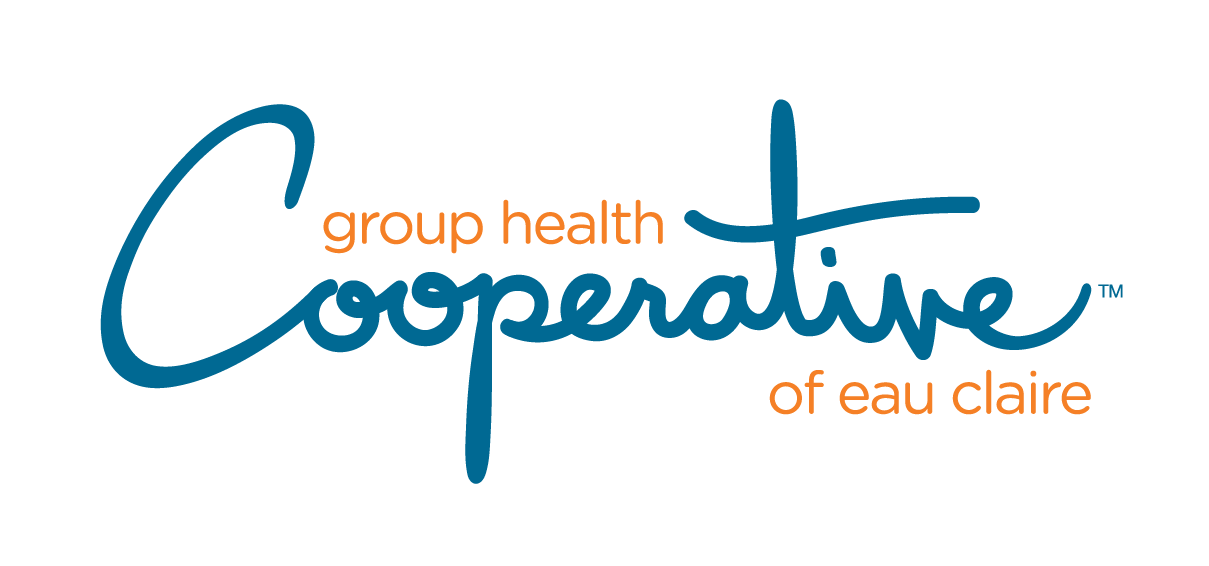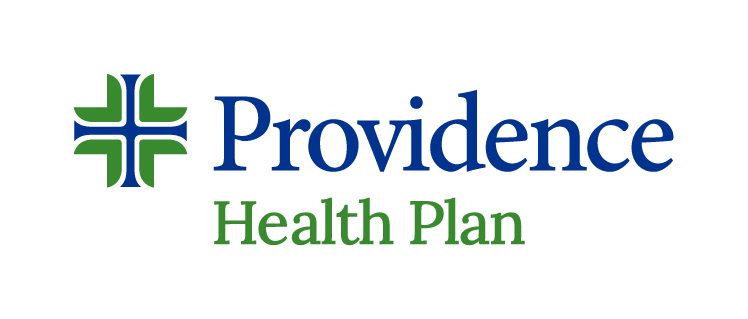April 28, 2021
ACHP’s nonprofit health plans demonstrate the value of non-clinical experts and community-based relationships in improving care and outcomes in patients with mental illness
 By Eva Powell
By Eva Powell
COVID 19 has exposed the frailty of our nation’s infrastructure in managing the health of the US population. One of the most severe places where our health care system is lacking is in the area of mental and behavioral health. Even before the COVID-19 pandemic, the opioid crisis and deaths of despair were among the clear indicators of the need for new approaches. A recent study of ACHP members deploying peer strategies has illuminated how health plans, working with provider partners, can incorporate non-clinical team members to affordably expand care teams and improve behavioral and physical health outcomes.
For health plans and providers, successfully managing the needs of patients with behavioral health conditions is a considerable challenge. ACHP recently completed a series of case studies with funding from the Patient Centered Outcomes Research Institute (PCORI) to explore ways in which plan/provider collaboration can improve outcomes for people with serious mental illness (SMI) through the use of peer-led interventions.
ACHP’s Peer Intervention Project was based on a PCORI-funded study that demonstrated positive outcomes from this approach. The study found that the intervention improved screening rates for chronic disease, decreased use of the emergency department and improved quality of relationship with primary care providers in people with serious mental illness. These outcomes indicate promise for community-based, non-clinical roles in addressing many of the challenges people with serious mental illness and substance use disorders face in managing their physical and mental health.
Payer-Provider Aligned Model Builds Evidence and Trust in New Approaches to Care
ACHP members’ payer-provider aligned model enables a collaborative approach to care delivery and coverage. Non-clinical peer roles currently act as an important bridge between care delivery and individuals in their communities, but physician practices are not accustomed to incorporating non-clinical team members into the larger care team. Based on reports from peer workers involved in the project, developing trust in the value of peer roles is critical to success.
Health plans support development of trust in this and other innovative care models by piloting new ideas with providers most open to innovation, then using outcomes data generated from pilots to engage more hesitant practices. UCare in Minnesota aggregated pilot data showing the impact of peer care-team members to recruit additional practices to implement this promising new model. UCare does not directly employ peer specialists, but does cover their services in mental health and substance use disorder treatment programs. By committing resources and consistently reaching out to the provider community with new data, the plan played an important role in establishing a supportive environment for peer care team members. Continued testing and spreading of new interventions may take time, but for UCare it improved execution, enhanced the real-world evidence base and built trust with provider partners.
The Value of Lived Experience in Managing Behavioral Health and Substance Use Disorders
We know that only 20 percent of a person’s health is a result of clinical health care services, so improving clinical outcomes will require building a community-based infrastructure of support. Non-clinical peer workers are most effective when they are fully integrated into both health care teams and the community, providing a critical bridge between clinical care and people’s daily lives. Peers provide holistic support to clients in their daily lives as they manage their conditions, and their effectiveness lies in their lived experiences managing illness. Their value extends beyond an individual to that person’s family and community.
Yet a lack of clinical training often means that clinical care teams do not view peer workers as members of the team or do not appreciate the value of their role on the team. Peer roles are not effective when this is the case. Health plans can play an important role in supporting successful integration of peer team members by offering consultation and implementation support to providers, either directly or by contracting with organizations that specialize in peer services.
Presbyterian Healthcare Services in New Mexico uses certified peer specialists on substance use disorder teams to act as a connector to social needs resources, provide life skills coaching and navigate the Social Security Disability application process. The peer specialists add value – and reduce costs — by improving individual outcomes and connecting people to resources that help them sustain positive outcomes over time.
PacificSource in Oregon deploys peer support specialists in the general hospital setting on medical-surgical units using staff from Best Care, a local provider of residential and outpatient drug and alcohol rehab services. Supervised by Best Care, the peer specialists work full-time at the hospital as part of the larger integrated care team. Because they are employed by an outpatient program rather than the hospital, the peer specialists are especially effective at serving as a bridge between inpatient and outpatient care.
New Methods of Payment Needed for Sustainability of More Effective and Affordable Care
Health plans also play a critical role in the sustainability of these new, non-clinical roles on the care team. Data supporting their effectiveness is only the first step in the process of sustainability. Creating an infrastructure to support and finance new care team roles often involves working through multiple barriers.
Since payment for clinical team members relies on a process that is driven by professional licensing, health plans frequently encounter barriers to financing their roles due to legal responsibilities. Health plan advocacy at the state and local levels can be vital to developing payment for peer services. UCare worked actively with its state Medicaid office and local professional certification organizations for years to win approval for Medicaid coverage of peer roles and build a certification to meet state requirements. UCare’s real-world evidence of effectiveness from its pilot practices supported that advocacy. Ultimately, due to the advocacy of UCare and additional collaborators, the State of Minnesota approved peer specialists as service providers.
Ghita Worchester from UCare said it best, “It’s hard to build real-world evidence. Somebody has to try it out first, or you can’t ever showcase the value. We don’t have all the financial data yet to say exactly what value peer workers add, but if we can build a stronger case for value and payment more providers will use this as a more effective alternative.”
Presbyterian’s peer program has been in place longer, and the plan is now able to show a return on investment for peer roles based on savings from avoidable emergency department visits. In 2016, peer support workers reduced emergency department utilization and costs by approximately 70 percent. Behavioral health treatment costs were higher for those with a peer support worker, but that is considered a positive outcome since it reflects adherence to appropriate treatment. The data show that peer supports can be an affordable option for improving care and outcomes, but only under new payment models that focus on value rather than fee-for-service.
Such a payment system that supports the relational aspects of care, especially for disenfranchised or difficult to engage communities, enables the right kind of resource to be deployed when and where it is needed, based on individual needs. A transactional approach to payment, such as fee-for-service, can only deliver transactional, or cookie-cutter, care that is difficult to tailor to individuals and that has proven time and again to deliver increasingly inequitable outcomes. Peer workers are a prime example of care team roles that are relational and deliver value in ways above and beyond a simple budgetary ROI.
Community-based, nonprofit health plans fill important gaps in knowledge that are essential for spreading adoption of evidence-based, affordable peer-led strategies. ACHP members and their affiliated provider systems continue to enhance the evidence base for peer workers as valuable care team members and are developing innovative ways to finance and sustain their contributions.
Learn how ACHP Plans are Transforming Care Across the Nation



































